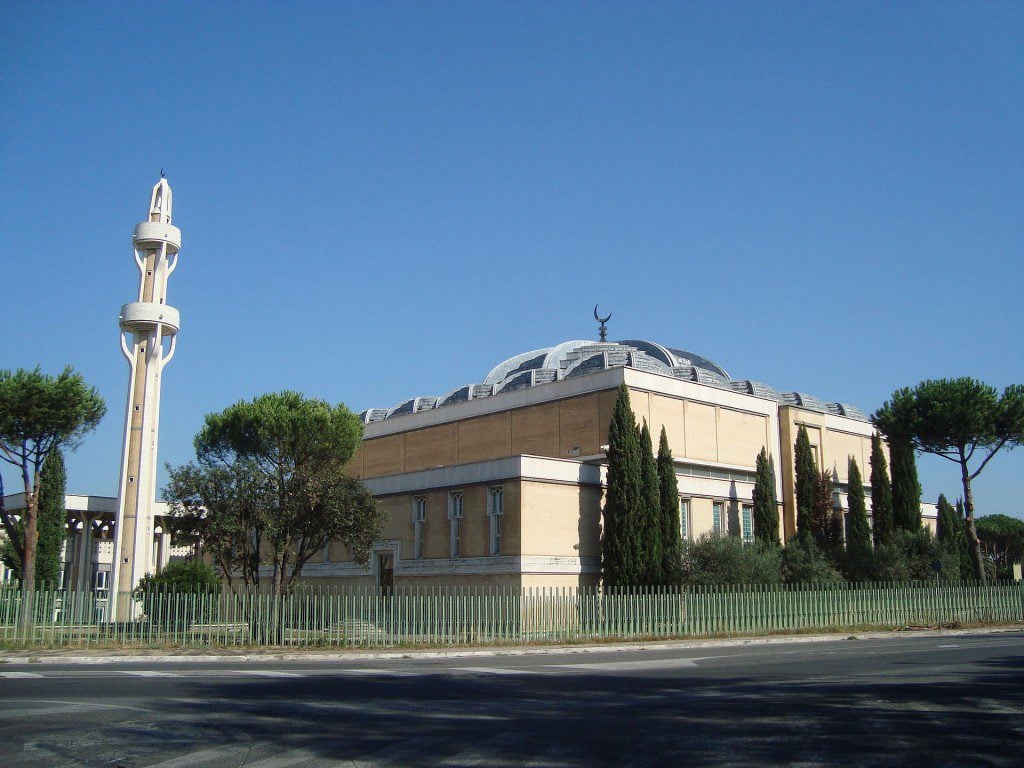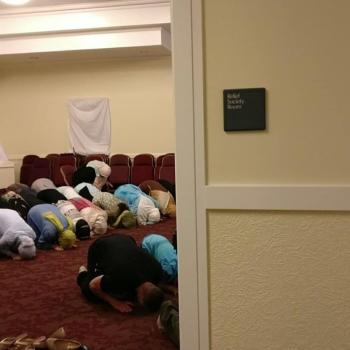
Winding up my (actually relatively brief) discussion of shari‘a, as that discussion currently stands:
But there is a problem. The shariah has never been fully implemented anywhere. Islamic legal theorists developed an approach to the law that does not recognize an intermediary or intercessor between God and man—contrary to some of the claims that were being made for the ever more powerful caliph—and allowed for neither priests nor ritual acts performed by one person on behalf of another. The rulers of the state soon discovered that this was not to their taste. They did not want to be bound by the detailed rules of Islamic law, which placed both caliphal government and ordinary citizen on an equal plane before the justice of God. So they ignored it. More precisely, they allowed Islamic law to govern in areas of life that they deemed beneath their notice. Thus, a dual system of courts was established. Islamic law was permitted to regulate marriages and divorces and estate questions, as well as certain commercial transactions, but it could not interfere with the ruler’s right to be arbitrary and self-seeking in his relationships with those beneath him. The caliphal courts, designed to handle questions in which the ruler took more urgent interest, were more likely to reach whatever verdict the government desired. Customary law and sheer whimsy were the only controls placed on the rulers of Islamic nations for most of the premodern era.
Later, the West began to penetrate into Muslim lands. Thereafter, it was to the Western code of legal rules—either the Napoleonic code or English common law—that the rising nation-states of the Near East often looked for guidance in constructing their own constitutions and legislation. They did not look to the shariah. From their point of view they had good reason. Islamic law was delivered to a prophet by God. In principle, it could not be modified or even adapted to modern circumstances. Nobody had the authority to do so. The situation was very similar to that in Judaism and the Hebrew Bible, where God himself is the lawgiver and no room is left over for human legislators.
Unlike the famous Babylonian Hammurabi, no Israelite king ever formulated a law-code.[1] Moses was a prophet, not a king. And Moses was not viewed as a sovereign law-giver, but rather as a transmitter of the will of God. Thus, from its very beginnings, Jewish law like Islamic law made no distinction between religious and secular, sacred and profane. All aspects of life were thought of as one. And, just as in the Islamic shariah, no difference was drawn between civil and criminal law on the one hand and moral law on the other. More important for my intent and purpose here, the law was regarded by both Jews and Muslims as something divinely delivered rather than humanly evolved. Accordingly, Islamic rulers who wanted a legal system that they could tinker with, whether for their own benefit or for the actual benefit of their people, avoided the shariah.
Today, the split personality of Middle Eastern law is under attack. Not only among Muslims but among Israeli Jews there are those who demand that their ancient God-revealed law codes be enforced by the coercive arm of the state. The issue has led to agitation in Pakistan and Egypt and other Muslim nations, and even to a civil war in the Sudan. In Israel, it is a matter of constant debate in parliament and in the newspapers, and it even played a role in disputes about the building of Brigham Young University’s Jerusalem Center for Near Eastern Studies.
[1] Hammurabi actually claimed to have received his famous 282 laws from the god Shamash.












